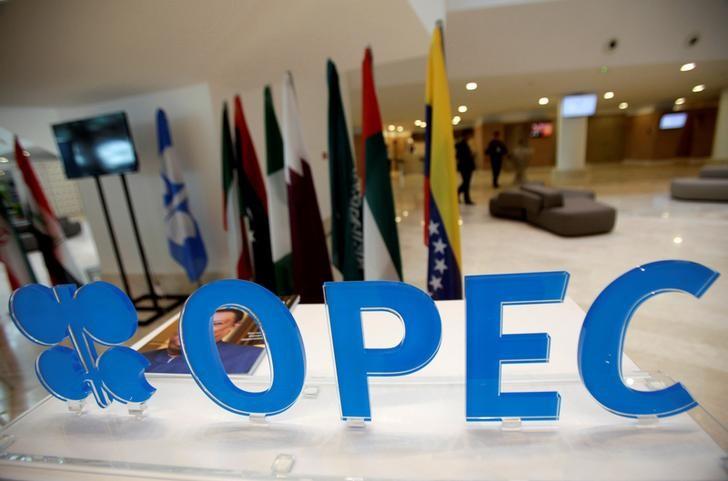Cairo – OPEC and non-OPEC countries led by Russia on Thursday expected, during their meeting in Vienna, that the US Shale Oil would respond positively to its final decision to extend the oil production reduction agreement by an additional 9 months until March 2018, keeping roughly two percent of global production off the market in an attempt to boost prices.
OPEC now realizes supply cuts and higher prices only make it easier for the shale industry to deliver higher profit after it found ways of slashing costs when Saudi Arabia turned up the taps three years ago.
US drillers have added rigs for 19 straight weeks, bringing the total 722, the highest since April 2015 and the longest run of additions on record.
While OPEC and non-OPEC members are trying to draw down inventories, crude production has surged in the United States C-OUT-T-EIA, up 10 percent since mid-2016.
US output of more than 9.3 million bpd is close to levels in major producers Russia and Saudi Arabia.
In this context, Saudi Aramco’s Chief Executive Amin al-Nasser met with Rosneft’s Chief Executive Igor Sechin, according to Saudi Aramco’s account on Twitter.
Aramco did not give further information regarding the time of the meeting, but it said that Sechin was briefed on the company’s business and strategic direction.
On the other hand, Iraq may look at hedging part of its crude oil production, the head of the OPEC member’s oil marketer SOMO said, as a way to protect government revenue against the risk of oil price volatility.
“It is in our strategy in the future that maybe we will consider hedging part of Iraqi crude; SOMO is floating an idea now and this is yet to be studied,” Falah al-Amri, who is also Iraq’s OPEC governor, told Reuters in an interview.
It is not clear what type of hedging might be considered by SOMO. Some organizations, such as Mexican oil monopoly Pemex, seek to ensure oil is sold at a guaranteed fixed price throughout the year, while others, such as Shell and BP, hedge their sales against short term oil price volatility.
Short term hedging helps to smooth price fluctuations between the signing of an oil sales contract and when the oil is delivered and paid for.
